Academic
Divisions
Our curriculum is designed to be both deep and wide, which prepares students for their own unique futures and for jobs in the arts, education, research, healthcare, medicine, technology, business, service, and more.
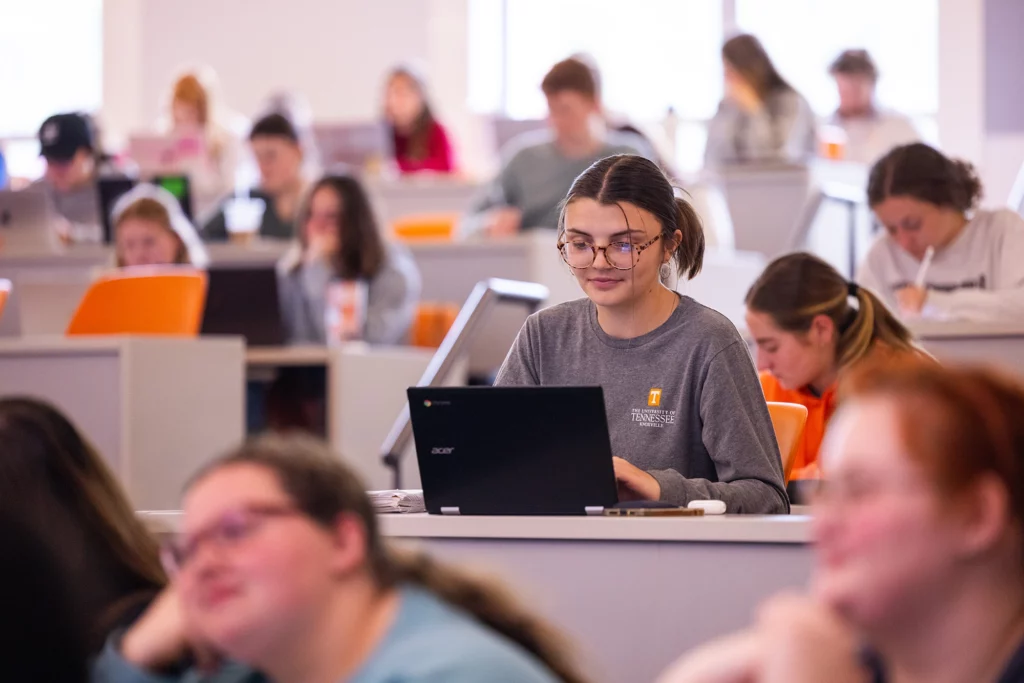
Our graduates are prepared for the jobs of today and those that do not yet exist.
We encourage our students to engage with the vibrant culture of multidisciplinary and interdisciplinary research and creative activity that exists across our three primary divisions: Arts and Humanities, Natural Sciences and Mathematics, and Social Sciences.
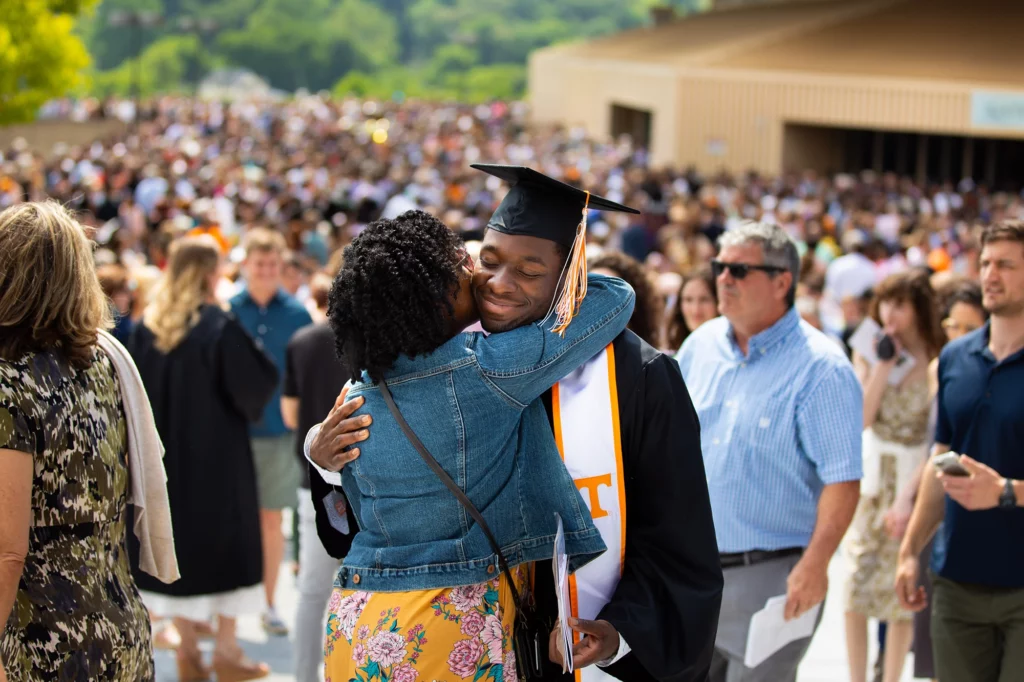
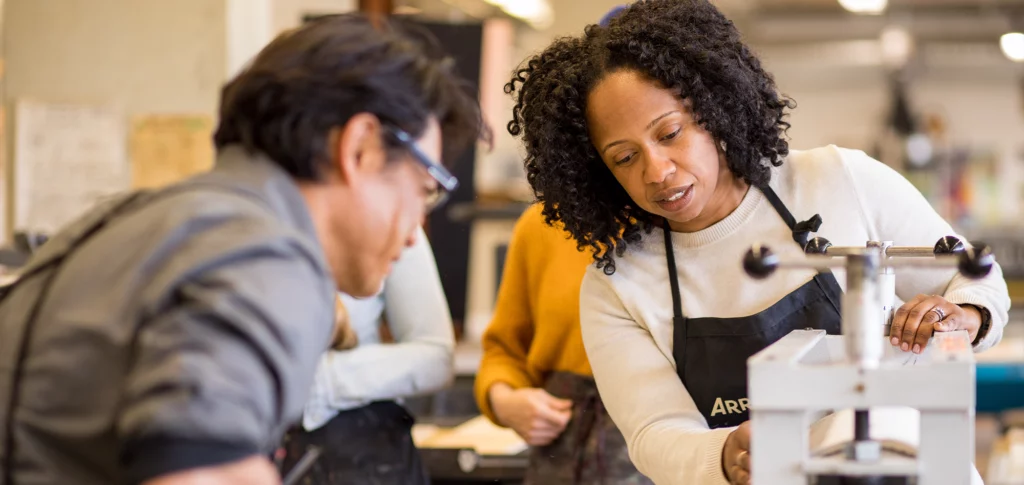
Division of Arts and Humanities
In our arts and humanities division, students have a range of opportunities for study in literature, history, culture, languages, art, and learn how to examine, understand, and interpret the human experience as individuals and societies. Scholarship in the humanities encourages students to think creatively and critically, to reason, and ask questions. As a discipline, the arts and humanities offer insight into nearly every aspect of life.
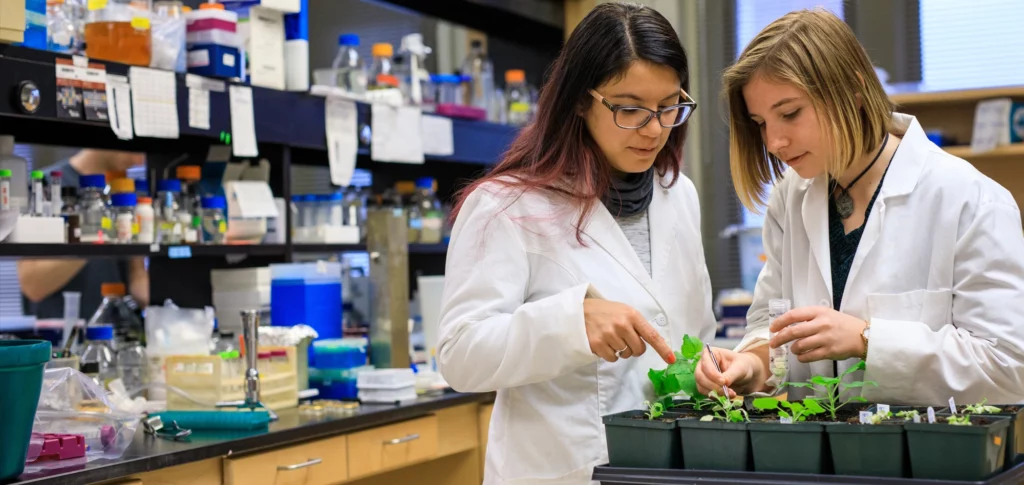
Division of Natural Sciences and Mathematics
In our natural sciences and mathematics division, students can engage with scientific disciplines from polymer chemistry and molecular biology to microbiology or earth, water, and planetary sciences. Students of the natural sciences can work with faculty and conduct research that seeks to understand how the world and universe around us works. As a discipline, the natural sciences contribute important discoveries to current mathematical and scientific theories.
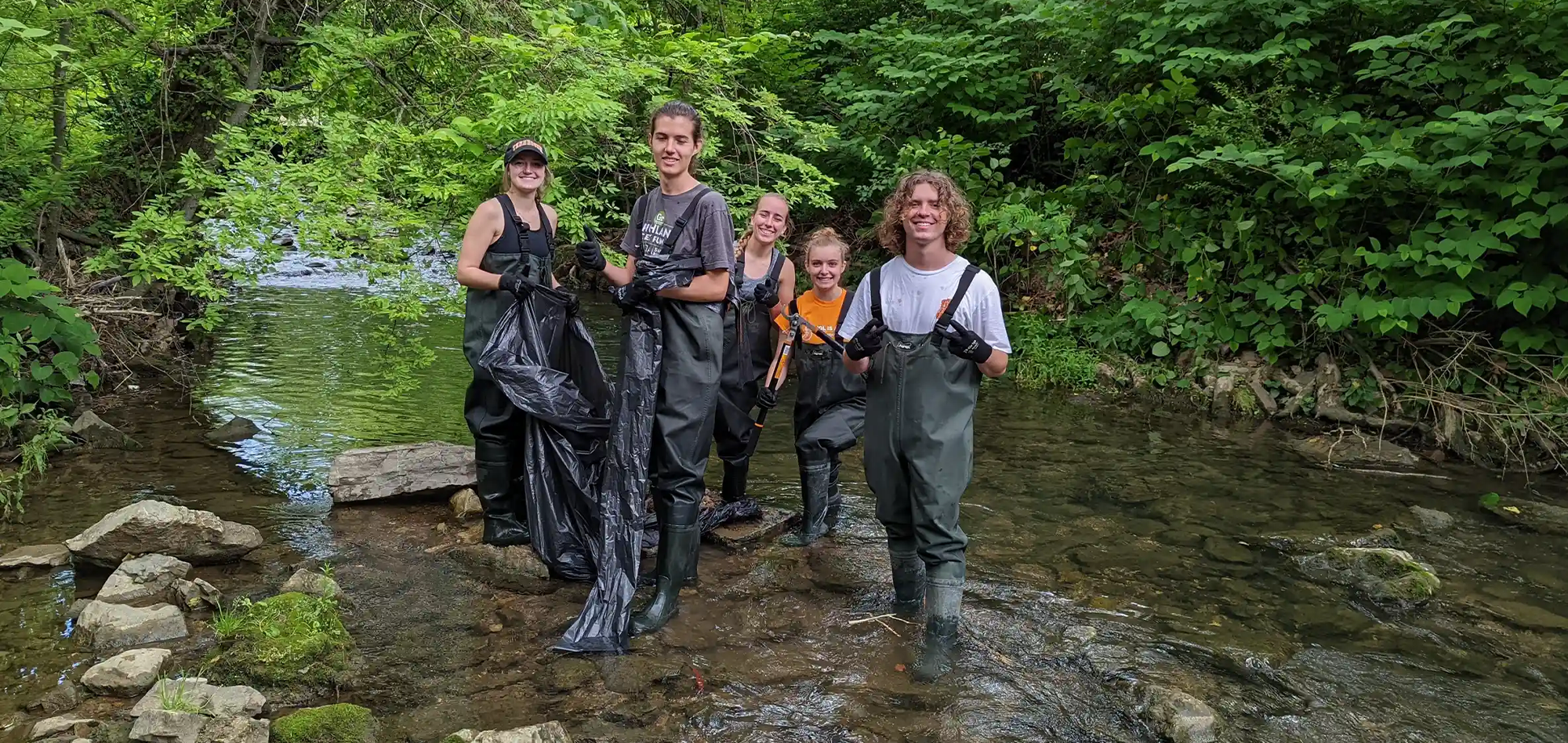
Division of Social Sciences
In our social sciences division, students can focus on climate change and geospatial science and technology; major in forensic anthropology or archaeology; and study disasters and human rights, race and ethnic studies, critical criminology, mental health, international law, or American politics. Students will learn how to analyze social, economic, or political problems, their origins, and possible solutions. Across the disciplines of the social sciences, students learn about individuals in society and their environments, with an emphasis on data-driven exploration and problem-solving.